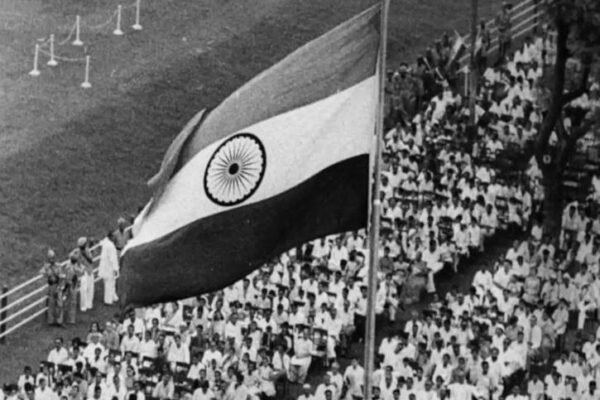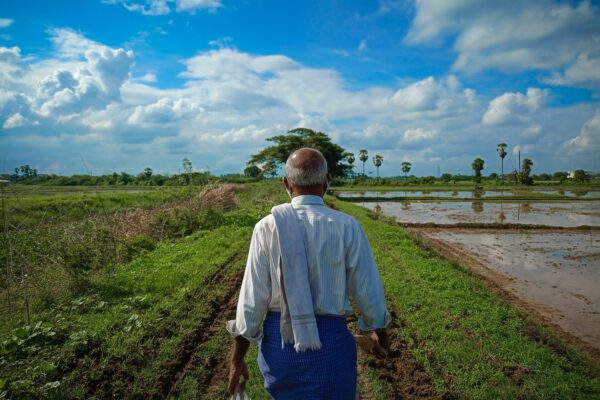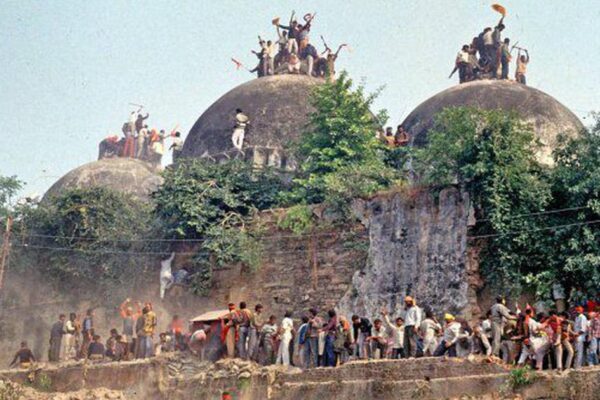It is difficult to predict at this point whether the accused army officer will face any punishment given that the record of handing out convictions to army men for committing grave human rights abuses in Kashmir is abysmal.
It is difficult to predict at this point whether the accused army officer will face any punishment given that the record of handing out convictions to army men for committing grave human rights abuses in Kashmir is abysmal.
NEW DELHI — In a rare instance, police in Indian Administered Kashmir have admitted and ascertained that the Indian Army murdered three labourers including a minor in a staged gunfight in July 2020.
The Police said on Sunday, December 27th, that the months-long investigation by a special investigation team revealed that the accused had planted weapons, acquired illegally, on the bodies of the slain civilians after stripping them of their identities to pass them as militants.
The charge sheet submitted before a local court on Saturday, December 26th, indicts Captain Bhoopendra Singh of Rashtriya Rifles (RR) – a counter-insurgency force of Indian army – and two local civilians who purportedly worked as informers for the army for conspiracy of abducting and murdering the three civilians, Ibrar Ahmed, Imtiyaz Ahmed and Ibrar Ahmed, in Amshipora, a village in Shopian district in July. Captain Singh has also been accused of deliberately misleading his colleagues, the police investigation found.
While the two civilians accused were arrested during the course of the investigation, the trial against Captain Singh is yet to begin since he enjoys impunity granted by Armed Forces Special Powers Act, a controversial law that allows Indian army to contravene ordinary laws while on duty in Kashmir.
The army had initially maintained that the trio were militants killed in an anti-insurgency operation. In a presser a day after the incident, a brigadier said that the trio were killed in an exchange of fire when his army laid a cordon in the area following information about the presence of militants. The police had said at that time that its men joined the “operation” after the “gunfight” was over.
But the investigation has found that Captain Singh was not accompanied by troops but only the two civilian informers. The accused, according to police, deliberately misled his colleagues about the identity of the slain as they wanted to fetch 2 million Indian rupees as a reward for killing militants.
The trio were buried in a remote village clandestinely citing Covid-19 related restrictions without ascertaining their identities. But nearly three weeks after the incident, in early August, three families from the mountainous Rajouri District lodged a complaint with the police saying that they had identified the slain trio as their kin from a photo of their corpses on Facebook, adding that they were innocent labourers who had gone to Shopian in search of work.
Both the police and the army gave into the demands of families amidst the growing public outrage and started investigating the claims. Nearly a month later the army admitted that its soldiers exceeded the powers under the draconian Armed Forces Special Powers Act that grants impunity to Indian army deployed in Kashmir.
Thereafter the identities of the slain trio were ascertained through DNA profiling and the bodies were exhumed and handed over to their families.
On Saturday, December 26, the police submitted a charge sheet before the district court which revealed how the captain and his accomplices hatched the criminal conspiracy to murder three civilians in cold-blooded murder: On the night of July 17-18, Captain Singh and his two accomplices drove a private car loaded with weapons to the residence of the three labourers where they abducted them and then took them to an orchard in another village. Captain Singh shot the three labourers dead, media reports citing charge sheet details said.
The court has now asked the army to give their opinion whether Captain Singh be tried by the criminal court of ordinary jurisdiction or by the Court Martial.
But the families demand that the accused army officer should be tried in a civilian court. “Court marshal is not justice, justice will be done once he faces the same consequence what he did with three innocent boys,” said Guftaar Ahmad Chaudhary, a local activist who has been assisting the victim families in their struggle for justice.
He also hoped that the admission of guilt would lead to accountability of the army as he alleged that Captain Singh was not the lone army man in staging the gunfight.
It is difficult to predict at this point whether the accused army officer will face any punishment given that the record of handing out convictions to army men for committing grave human rights abuses in Kashmir is abysmal. Just three days after the revelation, three teenage boys were killed on the outskirts of Srinagar city on Wednesday. The army and police said they were militants but their families vouched for their innocence, sparking public outrage. Their families and public are agitating for the return of their corpses buried in far off mountains.
In 2010 Kashmir erupted into popular agitation after a case of staged gunfight surfaced in which army men were accused of murdering three Kashmiri civilians near the border in Kupwara district. The outrage led to an investigation which found 11 men, including nine soldiers and two civilians, involved in the criminal conspiracy of abduction and murder. After trial by a military court, all were sentenced to life in 2014. But three years later, their life sentences were suspended leaving the families and the rights groups dejected.
It remains to be seen how this particular case will move forward, as the families of those innocently slain continue to mourn for their loved ones.





